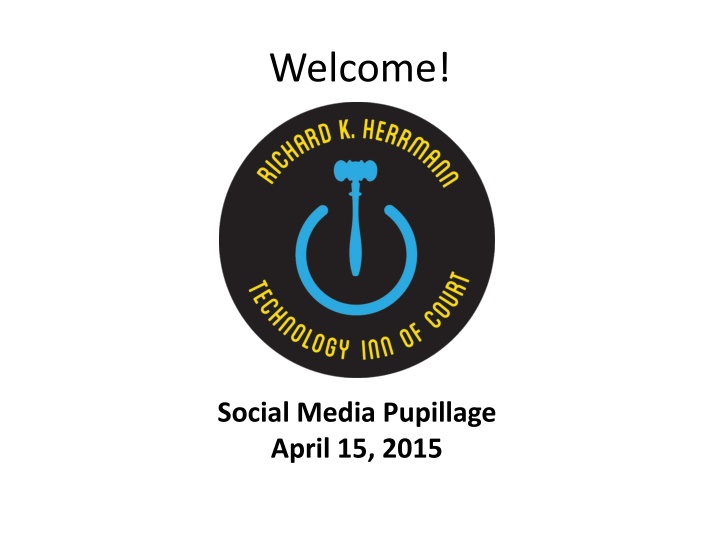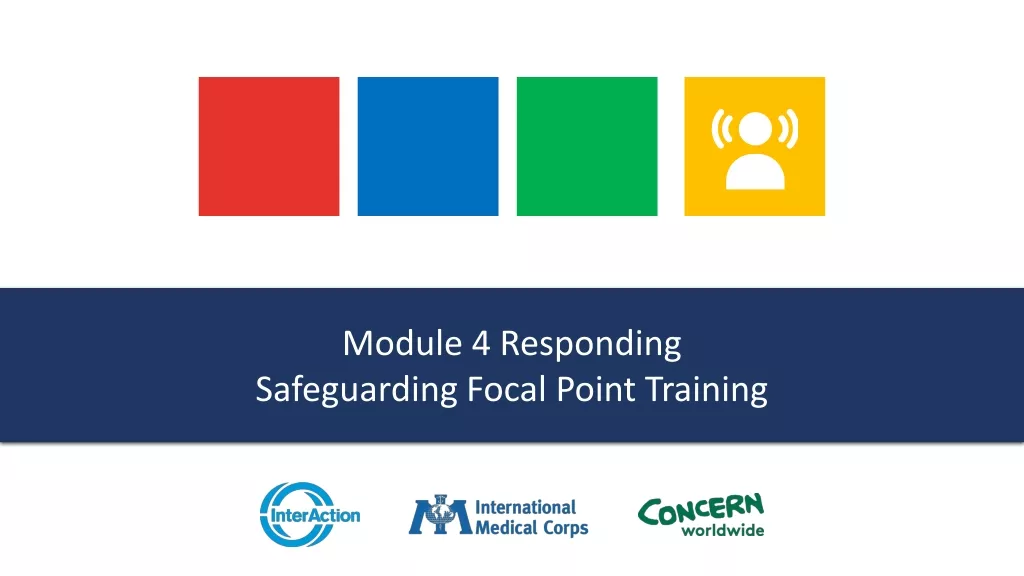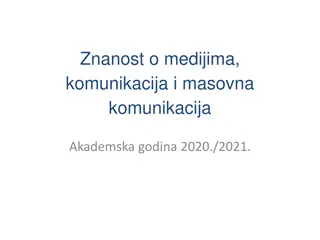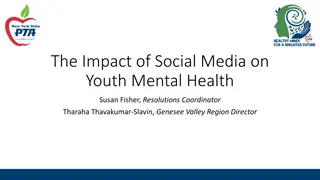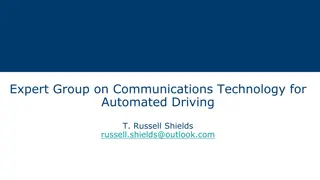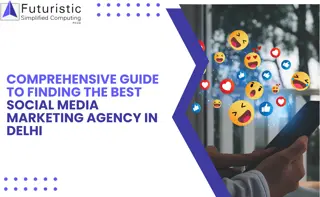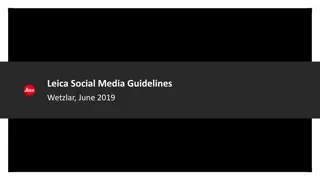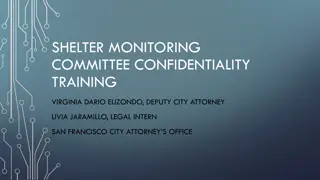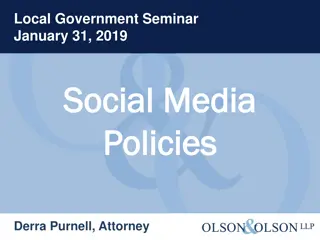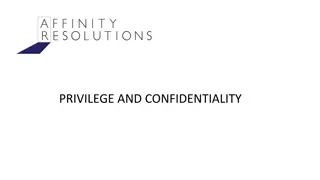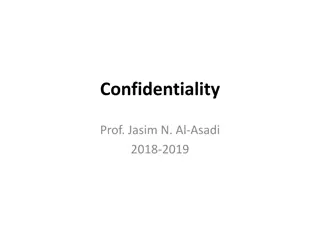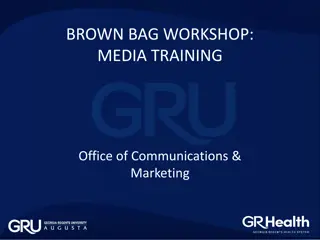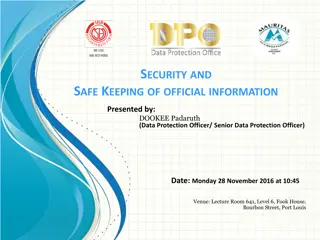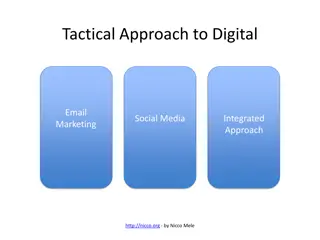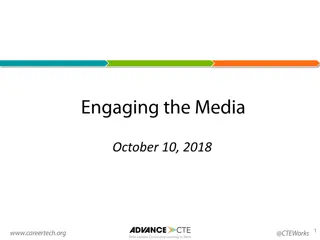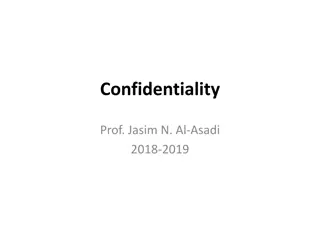Social Media Pupillage - Rules on Confidentiality and Communications
In the realm of social media pupillage, it is crucial to abide by strict rules regarding confidentiality and communications, such as Rule 1.6 which prohibits the unauthorized disclosure of client information. Other essential guidelines include proper communication with represented and unrepresented persons to maintain ethical standards and professional conduct. Understanding these rules is fundamental for any legal practitioner entering the domain of social media law.
Download Presentation

Please find below an Image/Link to download the presentation.
The content on the website is provided AS IS for your information and personal use only. It may not be sold, licensed, or shared on other websites without obtaining consent from the author.If you encounter any issues during the download, it is possible that the publisher has removed the file from their server.
You are allowed to download the files provided on this website for personal or commercial use, subject to the condition that they are used lawfully. All files are the property of their respective owners.
The content on the website is provided AS IS for your information and personal use only. It may not be sold, licensed, or shared on other websites without obtaining consent from the author.
E N D
Presentation Transcript
Welcome! Social Media Pupillage April 15, 2015
Confidentiality & Communications
Confidentiality: Rule 1.6 A lawyer shall not reveal information relating to the representation of a client unless the client gives informed consent, the disclosure is impliedly authorized, or falls under one of the permitted exceptions
Communication: The Rules Rule 4.2 Communication with person represented by counsel Rule 4.3 Dealing with unrepresented person
4.2: Represented Persons In representing a client, a lawyer shall not communicate about the subject of the representation with a person the lawyer knows to be represented by another lawyer in the matter, unless the lawyer has the consent of the other lawyer or is authorized to do so by law or court order
Rule 4.3: Unrepresented Persons In dealing on behalf of a client with a person who is not represented by counsel, a lawyer shall not state or imply that the lawyer is disinterested. . . .
Rule 4.3: Unrepresented Persons . . . When the lawyer knows or reasonably should know that the unrepresented person misunderstands the lawyer s role in the matter, the lawyer shall make reasonable efforts to correct the misunderstanding.
The Monsanto Disclaimer Duty to ask if represented; Duty to identify yourself and relationship to the litigation; Duty to clearly state the purpose of the contact; and No misrepresentations
Federico v. Lincoln Military Housing, 2014 WL 7447937 (E.D. Va. Dec. 31, 2014) Plaintiffs active on social media Preservation Letter and Follow-up Discovery Request Motion to Dismiss Sanction Judicial Review Post-Facebook production Allocation of Costs and proportionality Attorneys Fees
Florida Bar Proposed Advisory Opinion 14-1 January 23, 2015 1. Pre-litigation, may a lawyer advise a client to remove posts, photos, videos and information from social media pages/accounts that are related directly to the incident for which the lawyer is retained? 2. Pre-litigation, may a lawyer advise a client to remove posts, photos, videos and information from social media pages/accounts that are not related directly to the incident for which the lawyer is retained? 3. Pre-litigation, may a lawyer advise a client to change social media pages/accounts privacy settings to remove the pages/accounts from public view? 4. Pre-litigation, must a lawyer advise a client not to remove posts, photos, videos and information whether or not directly related to the litigation if the lawyer has advised the client to set privacy settings to not allow public access?
Rule 3.4: Fairness to Opposing Party and Counsel Florida Rule of Professional Conduct 4-3.4(a) A lawyer must not unlawfully obstruct another party's access to evidence or otherwise unlawfully alter, destroy, or conceal a document or other material that the lawyer knows or reasonably should know is relevant to a pending or a reasonably foreseeable proceeding; nor counsel or assist another person to do any such act
Florida Bar Advisory Opinion 14-1 Analysis: New York County Lawyers Association NYCLA Ethics Opinion 745 (2013) Lawyer may advise clients to use highest level of privacy settings, and may advise clients to remove information from social media unless the lawyer has a duty to preserve information and there is no violation of law relating to spoliation of evidence. North Carolina Formal Ethics Opinion 5 Lawyer must advise client about information on social media if it is relevant and material to the client s representation. Lawyer may advise client to remove information on social media if not spoliation or otherwise illegal
Florida Bar Advisory Opinion 14-1 Analysis: Pennsylvania Bar Association Opinion 2014-300 Lawyer may advise client to delete information from client s social media provided it does not constitute spoliation or is otherwise illegal, but must take steps to preserve the information. Philadelphia Bar Association Professional Guidance Committee Opinion 2014-5 Lawyer may advise client to change the privacy settings on the client s social media page but may not instruct client to destroy any relevant content.
Florida Bar Proposed Advisory Opinion 14-1 January 23, 2015 Lawyer may advise client to change privacy settings on the client s social media pages so that they are not publicly accessible. Lawyer may also advise client to remove information relevant to the foreseeable proceeding from social media, provided: It does not violate the rules or law regarding preservation and/or spoliation of evidence; and An appropriate record of the social media information or data is preserved.
Jurors & Social Media Paramount issues include: improper contact with jurors and jurors tweeting, blogging or posting about ongoing cases.
Jurors & Social Media Model Rule 1 (comment 8) & Rule 3.3: Duty to discover juror bias & keep abreast of technology changes; and Duty to report misconduct. VS. Model Rule 3.5(b): Lawyer shall not communicate ex parte with juror during trial
Jurors & Social Media ABA Formal Opinion 466 (2014): Lawyer Reviewing Jurors Internet Presence Proper investigation vs. improper communication No direct communication Generally prohibits access requests to jurors, but permits monitoring of publicly available information. The fact that a juror is notified or otherwise aware of monitoring (like the LinkedIn notification referenced above) does not constitute a communication.
Jurors & Social Media Attorneys are also required to take remedial measures if they become aware of potential juror misconduct.
Illustrative Cases: 2012 Arkansas murder conviction thrown out because juror was tweeting during the trial even after warnings from judge Jurors in the corruption trial of a former Baltimore mayor friended one another on Facebook while the trial was underway, despite the court s contrary instruction mayor sought new trial Jail time for jurors who friend or communicated with defendants
Jurors & Social Media Solutions? Courts: Targeted and specific jury orientation/ jury instructions Explain the why behind prohibitions Not just to curb misconduct, but to help jurors understand what is/is not improper attorneys conduct Attorneys: Awareness of subscriber notification features on social media review terms of use and privacy features
The Judiciary & Social Media ABA Formal Opinion 462 (Feb. 21, 2013) holds that judges may participate in social media, but in doing so must abide the Code of Judicial Conduct and consider their ethical obligations on a case-by-case basis. Judges must assume that comments posted to an [social media] site will not remain within the circle of the judge s connections. Such dissemination has the potential to compromise or appear to compromise the independence, integrity, and impartiality of the judge, as well as to undermine public confidence in the judiciary.
The Judiciary & Social Media Some states hold judges to the ABA standard (including NY, CT, KY and MD), while others impose a more restrictive view. In CA and FL, for example, ethics opinions make clear that judges may not friend lawyers appearing before them through Facebook or connect with them through LinkedIn. California Judges Ass n Judicial Ethics Comm. Op. 66 (2010); Florida Sup. Ct. Jud. Eth. Adv. Comm. Op. 2009-20 (2009) NC permits attorneys to connect with judges on LinkedIn, but bars them from accepting any skill, endorsement or recommendation from the judge through the website. North Carolina Formal Ethics Opinion 8 (2014) Which approach is most sensible? Pros and cons?
Illustrative Cases: Obvious perils arise when judges actively engage in social media, or directly or indirectly communicate with counsel, regarding pending matters. A North Carolina judge was reprimanded by his state judicial-standards commission for posting detailed status updates like "two good parents to choose from" in a custody case over which he was presiding. The defense lawyer in the case replied: I have a wise Judge. http://www.aoc.state.nc.us/www/public/coa/jsc/publicreprimands/jsc08-234.pdf
Illustrative Cases: Is it sufficient to simply de-friend or disconnect while a matter is pending? Susan Criss, a state judge in Texas, . . . gets around the ethical rules prohibiting ex parte communications between judges and lawyers by asking lawyers to de-friend her when they're trying cases before her. http://www.slate.com/articles/news_and_politics/jurisprude nce/2010/04/tweet_justice.html
Illustrative Cases: What about monitoring social media, to allow the judge to hold attorneys (or witnesses) accountable? [Judge] Criss recalled one time that a lawyer asked for a continuance because of the death of her father. The lawyer had earlier posted a string of status updates on Facebook, detailing her week of drinking, going out and partying. But in court, in front of Criss, she told a completely different story. http://www.abajournal.com/news/article/facebooking_judge_c atches_lawyers_in_lies_crossing_ethical_lines_abachicago/
Concluding Thought: What responsibility do counsel bear to assist the judiciary in avoiding ethical breaches?
